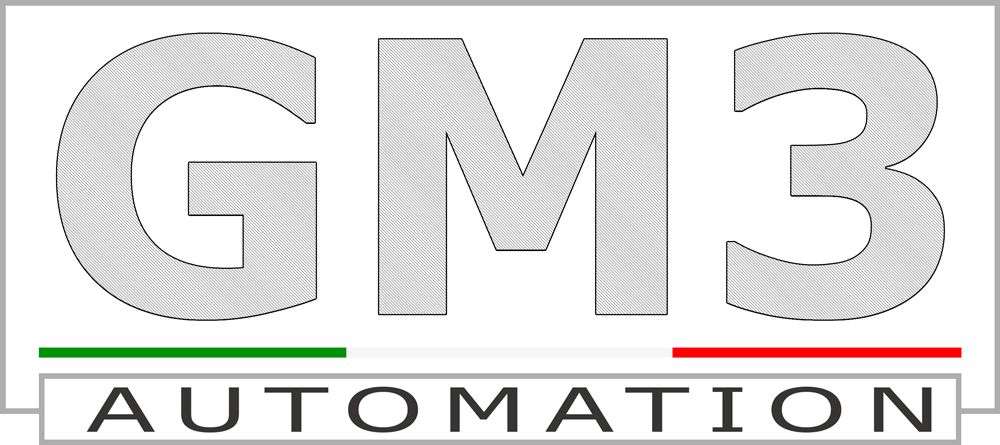New national transition 4.0 plan
GOALS
Stimulating investments
Less taxes for companies
Stable and certain policy measure
From November 2020 to June 2023.
DURATION
1 year
Accessible to SME, for non-4.0 tangible and intangible assets
3 years
Access to tax credit (instead of 5)
TAX CREDIT FOR INVESTMENTS IN INSTRUMENTAL GOODS
BENEFITS
INVESTING IN NON-4.0 TANGIBLE AND INTANGIBLE ASSETS
10%
Tax credit in 2021 (accessible to SME during the current year)
6%
Tax credit in 2022
INVESTING IN 4.0 TANGIBLE ASSETS
With costs under 2.5 million euro:
50% Tax credit in 2021,
40% Tax credit in 2022,
With costs higher than 2.5 million euro and lower than 10 million euro:
30% Tax credit in 2021,
20% Tax credit in 2022,
With costs higher than 10 million euro and lower than 20 million euro:
10% Tax credit
INVESTING IN 4.0 INTANGIBLE ASSETS
20%
tax credit
Up to 1 million euro.
Expanded limit
WHO IS IT FOR?
ELIGIBLE SUBJECTS
- Companies based in the Country’s territory
- Trades and professions
- Flat-rate scheme subjects
- Farming and marine companies
NOT ELIGIBLE
- Companies under voluntary liquidation, bankruptcy, compulsory liquidation, creditor agreement without business continuity, other insolvency proceedings.
- Companies that recieved disqualifying sanctions.
ACCESS REQUIREMENTS
Through a technical survey, showing that the assets possess technical characteristics (see lists in Annexes A and B) and are interconnected to the production management company system or to the supply network.
TAX CREDITS FOR RESEARCH, DEVELOPMENT, INNOVATION AND DESIGN
BENEFITS
INVESTMENTS IN AGILE WORK
15%
Tax credit
INVESTMENTS IN RESEARCH AND DEVELOPMENT
10%
Tax credit
Up to 2 million euro.
Expanded limit
INVESTMENTS IN GREEN AND DIGITAL INNOVATION
15%
Tax credit
Up to 2 million euro.
Expanded limit
INVESTMENTS IN DESIGN AND AESTHETIC INNOVATION
10%
Tax credit
Up to 2 million euro.
Expanded limit
WHO IS IT FOR?
ELIGIBLE SUBJECTS
- Companies based in the Country’s territory
NOT ELIGIBLE
- Companies under voluntary liquidation, bankruptcy, compulsory liquidation, creditor agreement without business continuity, other insolvency proceedings.
- Companies that received disqualifying sanctions.
ACCESS REQUIREMENTS
Companies must submit a communication to the Ministry for Economic Development. The communication is required only to acquire the necessary information to assess the progress, diffusion and effectiveness of the measures.
TAX CREDIT IN TRAINING 4.0
BENEFITS
50%
of admissible expenses
€ 300.000
max. annual limit for micro and small enterprises
40%
of admissible expenses
€ 250.000
max. annual limit for micro and small enterprises
30%
of admissible expenses
€ 250.000
max. annual limit for micro and small enterprises
EXPENSES
INCLUDED
- Staff costs for trainers, running costs for trainers and participants to the training project Consultancy service costs related to the training project;
- Staff costs for training participants and general indirect charges.
- Staff costs for employees participating as trainers or tutors to admissible training activities.
NOT ELIGIBLE
- Companies under voluntary liquidation, bankruptcy, compulsory liquidation, creditor agreement without business continuity, other insolvency proceedings.
ELIGIBLE TRAINING ACTIVITIES
Training activities must concern: sales and marketing, IT, production techniques and technology.
WHO IS IT FOR?
ELIGIBLE SUBJECTS
- Companies based in the Country’s territory
NOT ELIGIBLE
- Companies under voluntary liquidation, bankruptcy, compulsory liquidation, creditor agreement without business continuity, other insolvency proceedings.
- Companies that received disqualifying sanctions.
PROVISION OF TRAINING ACTIVITIES
Internally, through employees; if the training activities are provided by external vendors, only those entrusted to the following shall be considered eligible:
- Accredited funded training bodies in the Region or Autonomous Province where the company’s legal or operational headquarters are based;
- Public or private universities, or facilities connected to them; Accredited interprofessional funds bodies, according to EC Regulation 69/01 of the Commission of 12 January 2001;
- Institutions with the quality certification pursuant to Standard UNI EN ISO 9001:2000, sector EA 37; ITS.
ACCESS REQUIREMENTS
The actual disbursement of any admissible expenses must be accounted for in the specific certification issued by the person in charge of the statutory audit. Furthermore, the companies benefiting from any tax credit must draft and store:
- A report on the organization and contents of the training carried out;
- Any further accounting and administrative document proving the correct application of the benefit, also based on the limits and conditions set forth by Community provisions on this matter;
- The name records for the training activities, signed by participating personnel and by the trainer, or by the external trainer.

